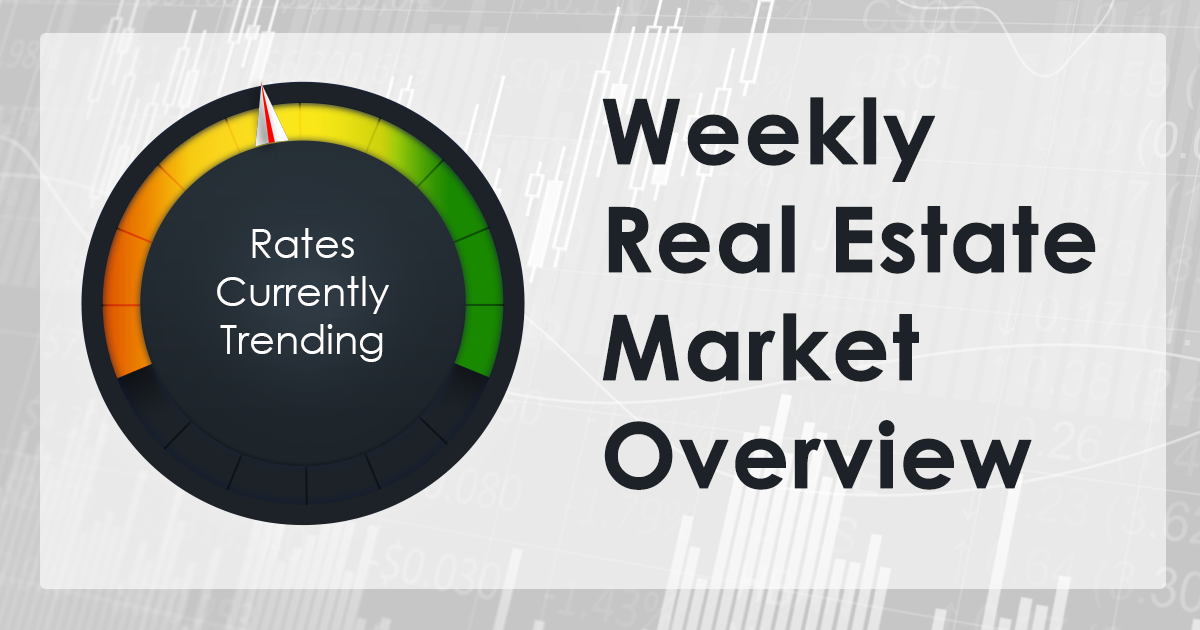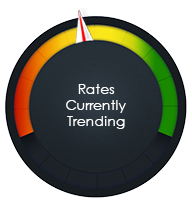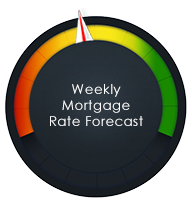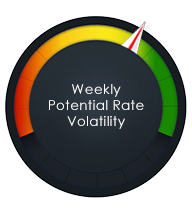
Eager buyers faced with hesitant sellers
___
Published Date 4/9/2018



Realtor Report
Eager buyers faced with hesitant sellers
Home sales are still going strong and the National Association of Realtors says they could have been even higher if there were more homes for sale. Seems there is a critical shortage of listings, especially in higher price ranges. And out in the trenches, homebuilders are struggling to keep up with demand amid higher land prices and labor shortages.
Homes sales in the West, where prices are highest, are seeing the biggest gains. Nationally, sales of homes priced above $750,000 were up nearly 19 percent from a year ago. New tax laws limit the mortgage interest deduction. Borrowers can now deduct interest paid on up to $750,000 in mortgage debt. Previously, the limit was $1 million in mortgage debt.
Sales for homes priced under $100,000, were down 16.5 percent compared with a year ago. This where the supply shortage is worst.
The paradox in a market like this is that Realtors are hearing very few concerns from buyers about rising mortgage rates or the new tax laws —even fewer concerns than in December, when the tax laws were in final debate. Buyers who are afraid of rates heading higher, are spurred to step up and lock in with a purchase and a funding rate, according to Peter Boockvar, chief investment officer at Bleakley Advisory Group.
But that is not the case for potential sellers. Lawrence Yun, chief economist at the NAR, speaks of the “interest rate lock effect,” where sellers are increasingly telling agents that they do not want to move because they will lose their record-low fixed mortgage rate.
”Mortgage rates are at their highest level in nearly four years, at a time when home prices are still climbing at double the pace of wage growth," added Yun. "Homes for sale are going under contract a week faster than a year ago, which is quite remarkable given weakening affordability conditions and extremely tight supply. To fully satisfy demand, most markets right now need a substantial increase in new listings."
Shortage on the lower end is likely why first-time homebuyers have been pulling back as affordability and supply are weighing more heavily on them now.
"To get to those levels, demand needs to stay hot, builders need to continue ramping up new home activity and more sellers need to feel comfortable selling. Threading that needle has so far proven difficult," says Aaron Terrazas, senior economist at Zillow.
According to the latest issue of Barron’s, the new home sales boom is far from over, citing how shares of several homebuilders look attractive as the U.S. housing market could strengthen further.
With a continuing strong demand, a dearth of inventory and modest annual price gains, industry observers see this going for several years unless mortgage rates spike, according to the article.
The SPDR S&P Homebuilders (ETF) has fallen 9 percent this year. Homebuilder shares recently traded for 10 times 2018 profit estimates, compared to the overall market’s P/E ratio of 17, even though the companies are expected to have double-digit earnings growth this year and next, the article said.
As we have mentioned frequently here, the future behavior patterns of millennials are crucial in determining whether housing starts will close the gap from being 35% under the normalized trend. The resolution of the millennial question is important but hard to estimate: builders are a critical element and indicator for the economy.
Source: Thomson/Reuters, Barron’s, NAR,TBWSThis Week's Mortgage Rate Summary
How Rates Move:
Conventional and Government (FHA and VA) lenders set their rates based on the pricing of Mortgage-Backed Securities (MBS) which are traded in real time, all day in the bond market. This means rates or loan fees (mortgage pricing) moves throughout the day, being affected by a variety of economic or political events. When MBS pricing goes up, mortgage rates or pricing generally goes down. When they fall, mortgage pricing goes up.
Rates Currently Trending: Neutral
Mortgage rates are trending sideways this morning. Last week the MBS market worsened by -4bps. This wasn't enough to move rates higher last week. Mortgage rate volatility has remained very stable while stocks have shown a great deal of volatility.
This Week's Rate Forecast: Neutral
Three Things: These are the three areas that have the greatest ability to move rates this week: 1) Geopolitical, 2) Fed and 3) Inflation.
1) Geopolitical: The bond market will continue to give the majority of its focus on trade talks between China and the U.S. as well as "tweets" over the progress of those talks. Don't forget about NAFTA as the deadline is fast approaching. The White House is also pushing to make some of the tax cuts permanent.
2) Fed: We will get the Minutes from the last FOMC meeting where they raised their key interest rate on Wednesday. Here is their schedule for this week:
- 04/10 - Robert Kaplan
- 04/11 - FOMC Minutes
- 04/12 - Neel Kashkari
- 04/13 - Eric Rosengren, James Bullard
3) Inflation: We get a couple of key reports this week with Wednesday's CPI getting the most attention of bond traders. We will also get PPI and Import Prices this week.
Debt Dump: The Treasury will be dumping more debt onto the marketplace this week:
- 04/10 3 year note
- 04/11 10 year note
- 04/12 30 year bond
This Week's Potential Volatility: Average
Mortgage rates are likely to trade in the same basic channel this week with relatively low volatility. Rates will primarily focus on tariff talks with China and comments from the People's Bank of China.
Bottom Line:
If you are looking for the risks and benefits of locking your interest rate in today or floating your loan rate, contact your mortgage professional to discuss it with them.
Source: TBWSAll information furnished has been forwarded to you and is provided by thetbwsgroup only for informational purposes. Forecasting shall be considered as events which may be expected but not guaranteed. Neither the forwarding party and/or company nor thetbwsgroup assume any responsibility to any person who relies on information or forecasting contained in this report and disclaims all liability in respect to decisions or actions, or lack thereof based on any or all of the contents of this report.
http://nmlsconsumeraccess.org/


Peter Sweeney
Loan Officer
License: NMLS 87705
Lake City Mortgage
1875 N Lakewood Dr #102, Coeur dAlene ID
Office: 208-640-5626
Cell: 208-640-5626

Peter Sweeney
___
Loan Officer
License: NMLS 87705
Cell: 208-640-5626
 Lake City Mortgage
Lake City Mortgage